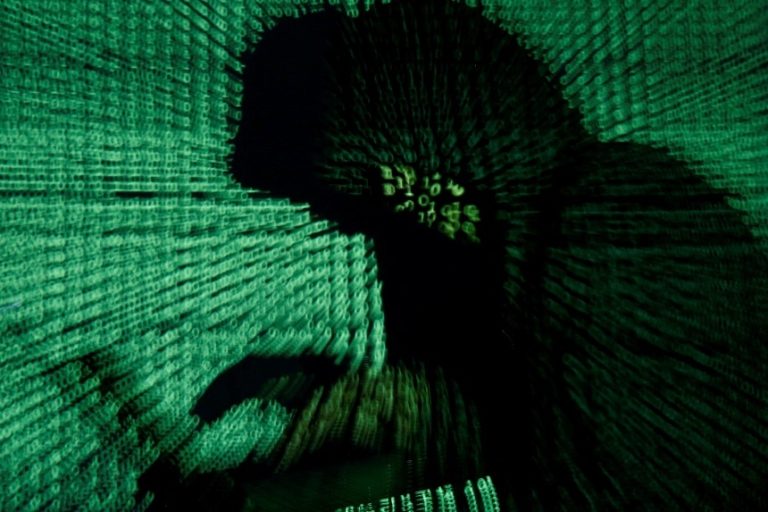LONDON – Mirror Group Newspapers (MGN) is facing 101 phone-hacking lawsuits from public figures including actors Kate Winslet, Sean Bean and Gillian Anderson and the estate of late Australian cricketer Shane Warne, London’s High Court heard on Nov 20.
The publisher of the Daily Mirror, Sunday Mirror and Sunday People tabloids – which is owned by Reach – has been entangled in litigation for more than a decade over alleged phone hacking and other unlawful information gathering.
MGN had accepted that some unlawful information gathering took place at its newspapers in the early 2000s, before Prince Harry and three others went to trial in 2023.
Harry, the younger son of King Charles, was awarded £140,600 (around S$238,000) after London’s High Court ruled the prince had been targeted by MGN journalists – the biggest win yet in his “mission” to purge the British press.
He accepted substantial damages from MGN to settle the remainder of his lawsuit, but vowed his mission would continue and a trial of his separate case against Rupert Murdoch’s British newspaper arm is due to begin in January.
When Harry largely won his case in December 2023, Reach also claimed victory as two other claimants’ cases were rejected as having been brought too late.
The company said the ruling meant cases brought after October 2020 were “likely to be dismissed other than where exceptional circumstances apply”.
MGN is, however, currently facing a total of 101 lawsuits brought by a number of people, including Prince Harry’s ex-girlfriend Chelsy Davy, the claimants’ lawyers said at a hearing on Nov 20.
The publisher asked for a trial to be heard in late 2025 to decide whether a sample of the 101 cases were brought too late, arguing it would likely prompt a settlement of the cases.
Judge Timothy Fancourt ruled that such a trial would accelerate other cases being resolved and said it was likely to take place in November 2025. REUTERS










